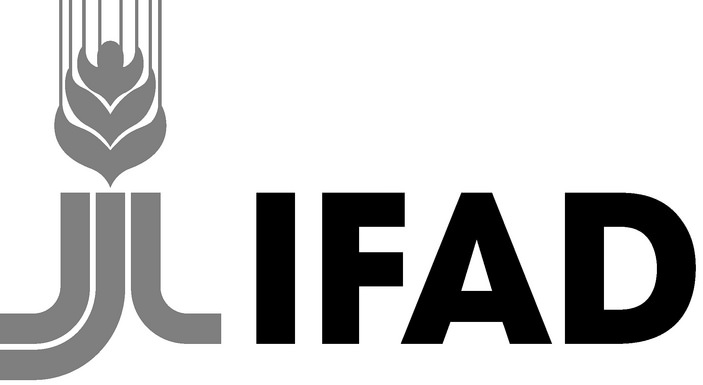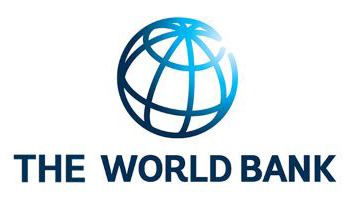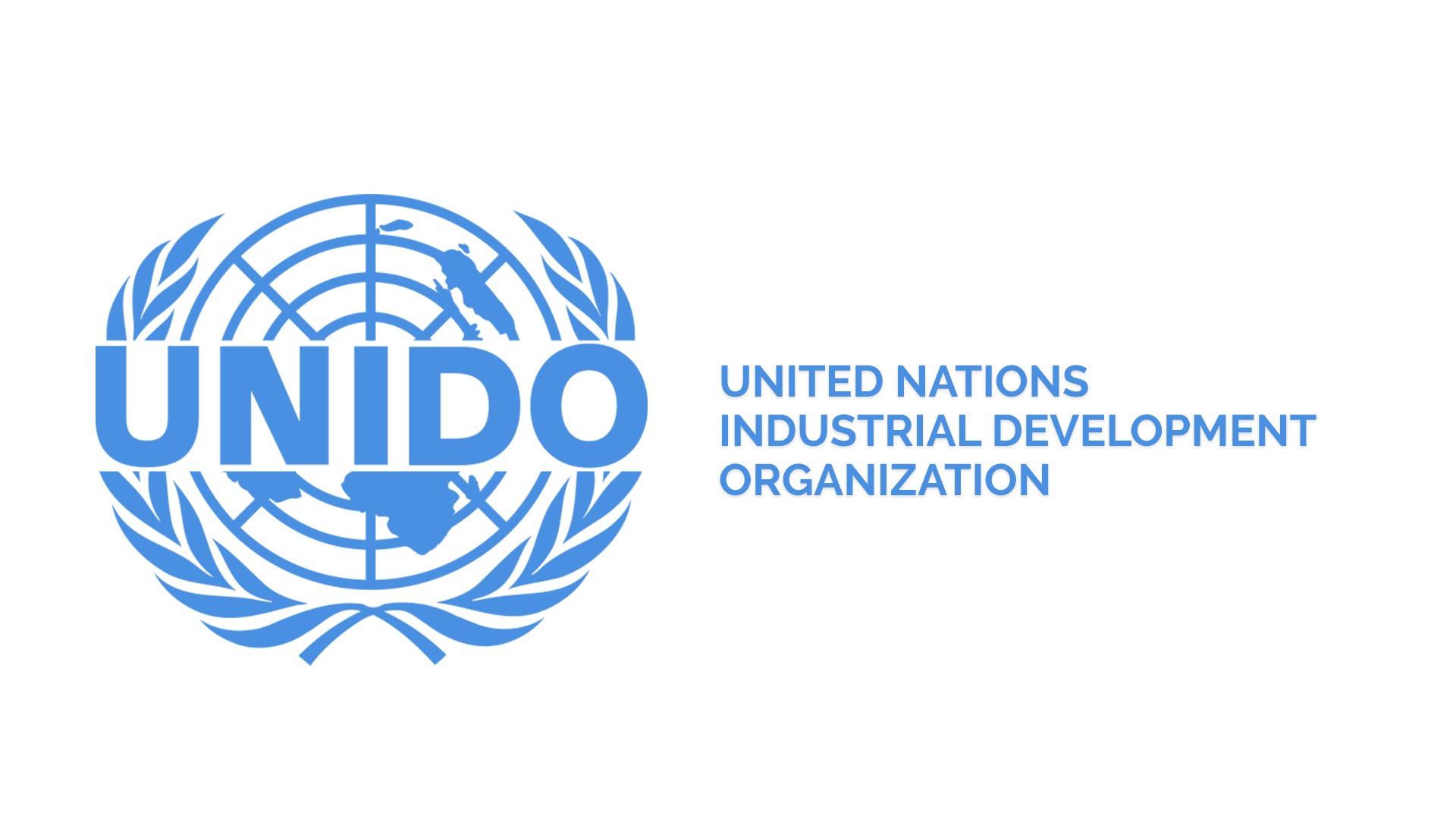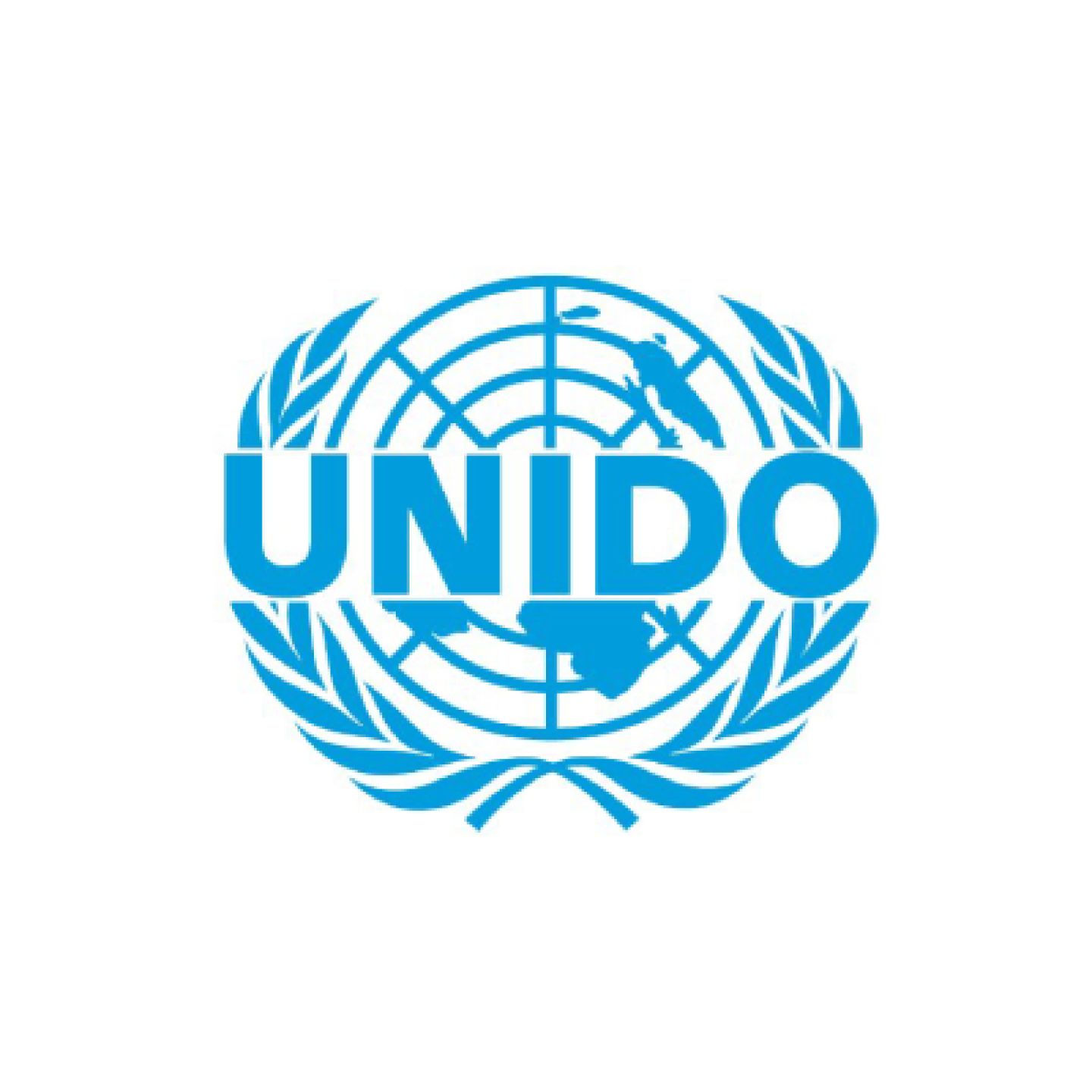IFAD and GCF partner in US$358 million climate programme for East Africa’s dairy sector

Rome, 3 July 2025. The International Fund for Agricultural Development (IFAD) and the Green Climate Fund (GCF) signed an agreement for a US$150 million contribution from GCF to the US$358 million Dairy Interventions for Mitigation and Adaptation (DaIMA) programme in East Africa, reaching 2.5 million rural people in Kenya, Rwanda, Tanzania, and Uganda.
Côte d'Ivoire Launches Innovative Financing Linking Millions to Ambitious Sustainability Goals

ABIDJAN, July 1, 2025 - In a move poised to reshape sustainable development financing in Africa, Côte d’Ivoire today announced the launch of its innovative Sustainability-Linked Finance (SLF) Framework. Developed in collaboration with the World Bank Group, this directly ties the Côte d’Ivoire's cost f borrowing to its ambitious environmental and climate targets, setting a new standard for accountability and incentivizing transformative policy actions.
World Bank Steps up Support for Ethiopia’s Economic Reforms with $1 Billion Development Policy Operation

WASHINGTON, July 3, 2025 - The World Bank’s Board of Executive Directors today approved a $1 billion Development Policy Operation (DPO) to support Ethiopia’s transition toward a more inclusive and private sector–led growth model. The Second Sustainable and Inclusive Growth DPO builds on an earlier operation approved in July 2024, providing additional financial support for the Government of Ethiopia’s homegrown Economic Reform Agenda. The financing includes a $650 million grant and a $350 million concessional credit from the International Development Association (IDA)*.
Rwanda to Restore Ecosystems and Boost Climate Resilience in the Nyungwe–Ruhango Corridor

WASHINGTON, July 3, 2025 — Communities in Rwanda’s Southern Province are set to benefit from restored ecosystems, improved agricultural productivity, and expanded sustainable livelihood opportunities in areas vulnerable to climate-related shocks. Thanks to a newly approved $9 million grant from the Global Environment Facility, Rwanda will receive support for integrated landscape restoration and climate-smart land management across the Nyungwe–Ruhango Corridor.
The Ecosystem-Based Restoration Approach for Nyungwe-Ruhango Corridor Project is one of 20 projects of the GEF-8 Ecosystem Restoration Integrated Program (ERIP) across the globe. ERIP scales up ecosystem restoration efforts by transforming degraded lands into thriving ecosystems and promotes private sector engagement and South-South exchange across the beneficiary countries. Conservation International is the ERIP lead agency.
EUR50 million EU-funded ATCMA–ECOWAS programme to boost West African trade

ABUJA, 17 June 2025 –The Economic Community of West African States (ECOWAS), in partnership with the European Union (EU), UNIDO, and the International Trade Centre (ITC), officially launched the Africa Trade Competitiveness and Market Access (ATCMA) – ECOWAS programme, a EUR50 million EU-funded regional initiative designed to enhance trade competitiveness, market access, strengthen regional quality infrastructure and diversification, and boost intra-African and Africa–EU trade.
IFAD and the Green Climate Fund to boost climate resilience for almost half a million rural people working in agricultural value chains in Madagascar

The International Fund for Agricultural Development (IFAD), in partnership with the Green Climate Fund (GCF) launched the Inclusive Agricultural Value Chains Programme (DEFIS+), that aims to boost resilience for smallholders, and both agricultural production systems and rural infrastructure. The programme will directly benefit almost half a million smallholder farmers and indirectly support over 3.5 million people in rural communities.
Positioning Togo as a Regional Hub in Agribusiness and Animal Nutrition

The World Bank Group (WBG) today approved $300 million to help Togo position itself as a regional hub in agribusiness and animal nutrition by scaling up Togo's Agricultural Modernization Program (ProMAT) and transforming the agriculture sector through productivity-enhancing investments.
Driving trade transparency and efficiency in Egypt

UN Trade and Development (UNCTAD) is working closely with Egypt to build a more transparent and efficient trading system. Central to this effort is the implementation of a Trade Information Portal (TIP), an online platform that will simplify export, import, and transit procedures. The TIP aligns with the transparency provisions of the World Trade Organization (WTO) Trade Facilitation Agreement (TFA) and aims to reduce costs and red tape, making Egypt a more competitive global trading partner.
UNIDO to implement world’s first-ever carbon crediting project by applying semi-aerobic methane emission reduction method from waste management site in Tunisia through Joint Crediting Mechanism

UNIDO has recently concluded an agreement for the provision of a grant to EX Research Institute (EXRI), a Japanese company, to implement the world’s first-ever carbon crediting project by applying the Fukuoka method (semi-aerobic landfill) in a waste management project in Beja, Tunisia under the UNIDO project “Promoting Climate Innovation and Partnership for Transition Towards Deep Decarbonization (UNIDO-JCM)”, which is funded by Ministry of the Environment of Japan.
UN Trade and Development and Japan partner to add value to Africa’s critical minerals sector

The new partnership will help countries harness the rising global demand for critical energy transition minerals for value addition and economic diversification.
UN Trade and Development (UNCTAD), with funding from the Government of Japan, has launched a new project to help Southern African countries capture more value from critical energy transition minerals such as lithium, cobalt and rare earths – vital for batteries, solar panels, wind turbines and electric vehicles.




